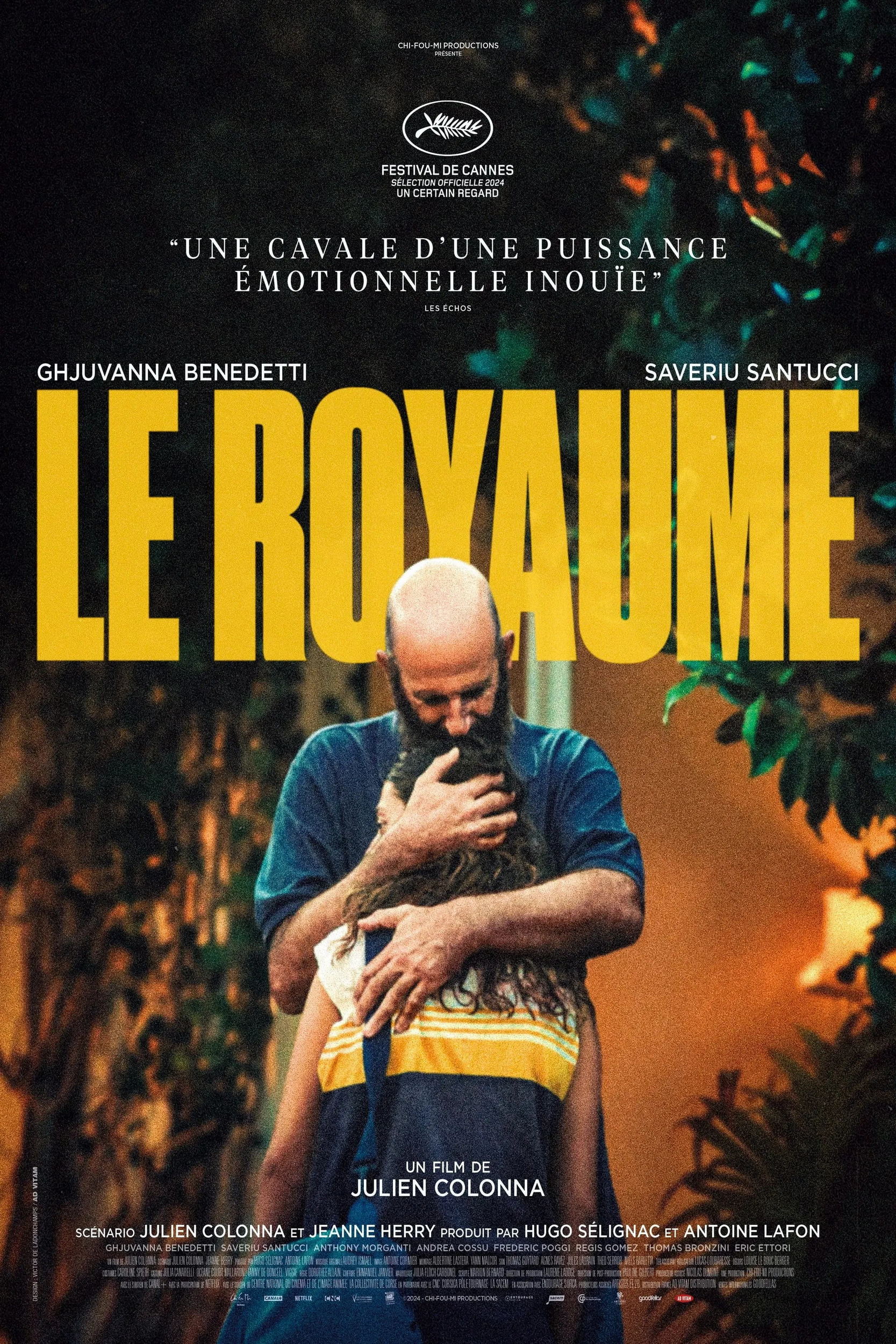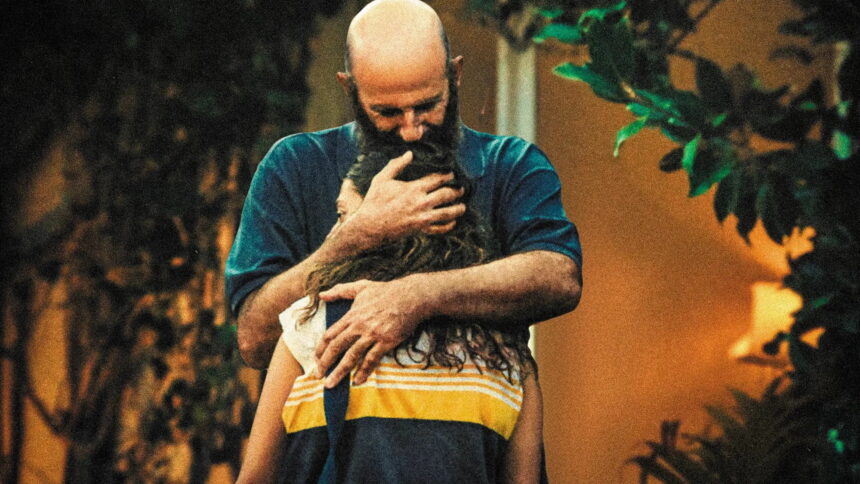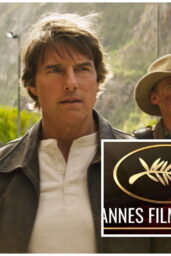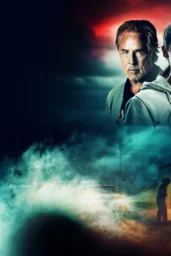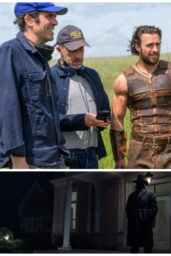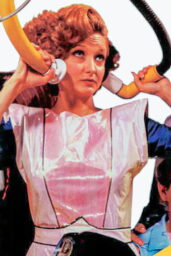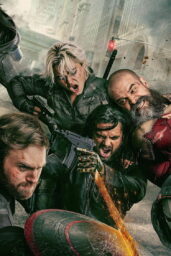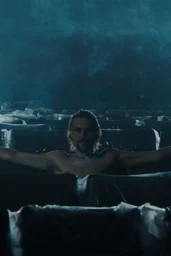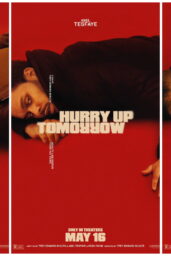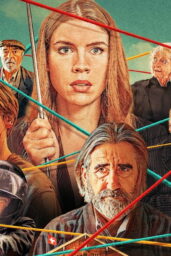Forget what you know about gangster films. “The Kingdom” trailer doesn't sell you a mafia fantasy—it invites you into a graveyard of men already emotionally dead.
You can feel the difference within seconds. The silence, the slowness, the eerie stillness of Corsican landscapes—director Julien Colonna weaponizes mood like Scorsese used music in Goodfellas. But unlike Marty's mobsters, Colonna's characters don't swagger. They hide. They rot. They mourn their relevance.
That's not a metaphor—it's the mission. “These men are… ghosts of those who are already dead but don't yet know it,” Colonna writes in his director's note. Chilling.
Corsica. 1995. We meet Lesia, a teenager plucked from normalcy and thrown into a violent legacy she never asked to inherit. The trailer whispers instead of shouts—yet the dread screams through every frame. It's the reverse of what we expect: instead of fathers shielding daughters from violence, here the daughter becomes the unwitting witness—and eventual accomplice—to male decay.
Unlike traditional coming-of-age arcs where protagonists gain agency through rebellion (Lady Bird, Juno), Lesia gains hers through resignation. A reluctant evolution. She doesn't become powerful. She becomes complicit.
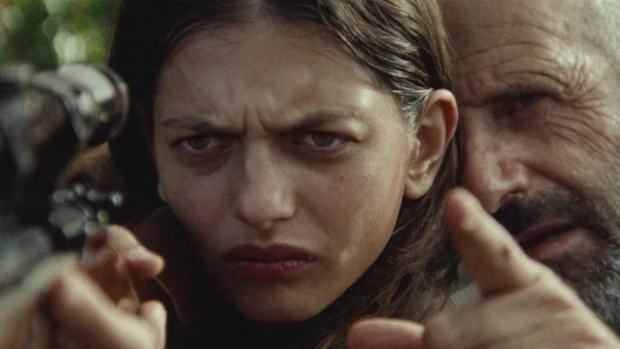
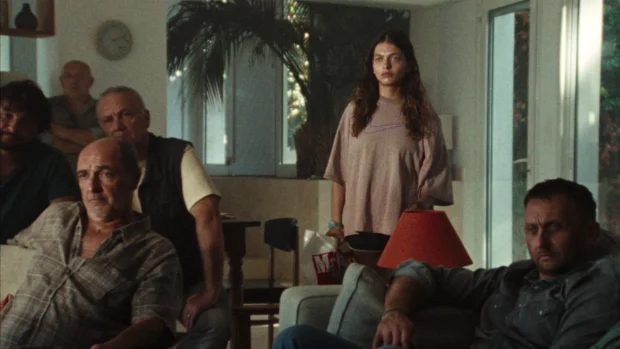
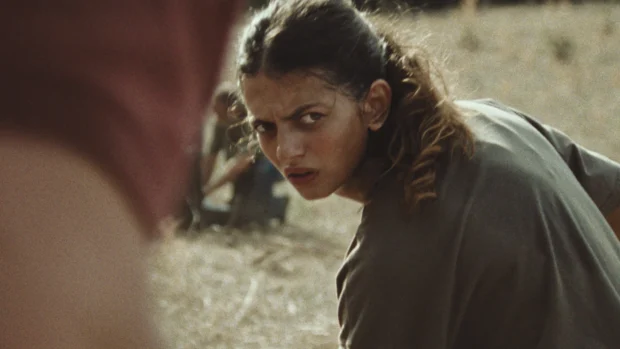
That's the movie's sharpest blade: the way it slices the patriarchal mythos of crime lords into a more painful truth. There's no glory. No redemption. Just emotional rot passed down like bloodlines.
Colonna, best known for his documentary Luo Yang's Girls, doesn't just challenge the gangster genre—he dissolves it. “The Kingdom” redefines what it means to be an heir in a crime film. It's not about inheritance of power. It's about the unavoidable inheritance of trauma.
What Critics Are Saying:
IndieWire praised the film as “riveting, moving,” emphasizing its “fresh hook”—a child slowly becoming an accessory to brutality. That framing alone signals a philosophical pivot from films like Scarface or The Godfather, which often revel in the journey into corruption.
Symbolism Watch:
In the trailer, Lesia holds a walkman—an object frozen in time, much like her life. Nostalgia becomes a prison. And when she finally speaks, it's not with defiance. It's with dread.
Comparative Take:
If The Sopranos was therapy for mobsters, The Kingdom is confession without absolution. No shrink. No redemption. Just raw, unresolved inheritance.
Unexpected Influence:
Colonna's choice to set the story in 1995 Corsica isn't arbitrary. That era was notorious for underworld violence and clan rivalries. But instead of exploiting this for spectacle, he uses it as the faded wallpaper behind the film's real drama—familial suffocation.
So… would you run with your mob boss father? Or leave him behind to his ghosts?
Because The Kingdom doesn't just ask the question. It dares you to feel the answer.
FAQs
What makes The Kingdom different from other crime films?
Unlike typical gangster narratives, The Kingdom focuses on the emotional wreckage left behind by male violence, using a daughter's perspective to offer a hauntingly intimate look at crime's human cost.
Is The Kingdom based on a true story?
No, but it's rooted in the socio-political reality of 1990s Corsica, a time and place marked by organized crime and clan warfare.
Why is it called an “anti-gangster” film?
Director Julien Colonna reframes the crime saga as a story of extinction—not expansion—of male power, removing glamor and focusing on emotional decay.
Who stars in The Kingdom?
Ghjuvanna Benedetti and Saveriu Santucci, both newcomers to the screen, star as daughter Lesia and father Pierre-Paul. Anthony Morganti also appears.
When does The Kingdom premiere?
The film opens May 30 in New York and Los Angeles theaters, with a nationwide release to follow via Metrograph Pictures.
Why should I watch The Kingdom?
Because it's not just a film—it's a genre deconstruction. If you're tired of glorified mob tales, The Kingdom gives you something realer, rawer, and far more resonant.
